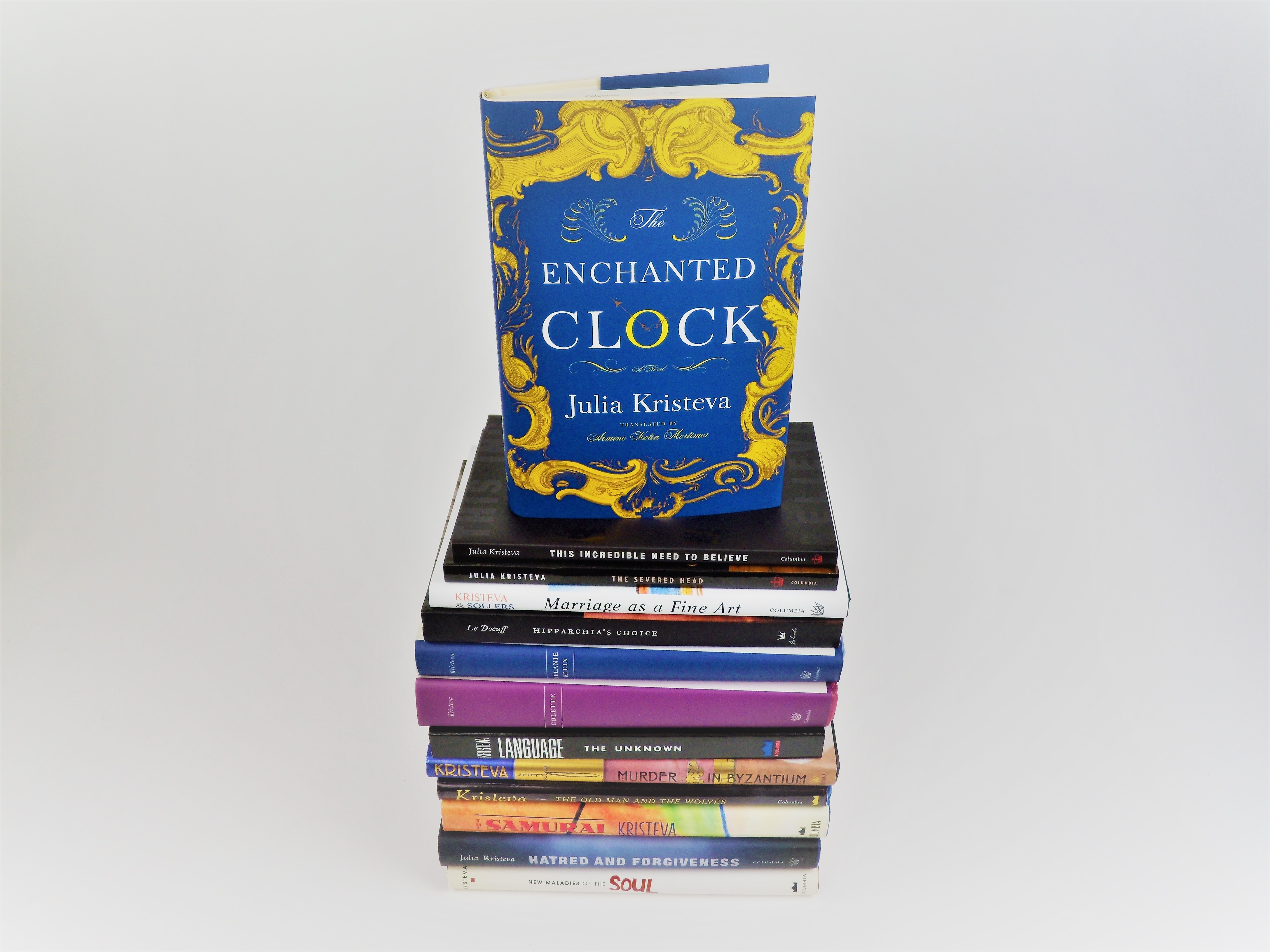The Voices of Linor Goralik

August is Women in Translation Month–a time in which we celebrate and read works in translation by female authors. In appreciation of our women in translation, this week we’re featuring Found Life: Poems, Stories, Comics, a Play, and an Interview, by Linor Goralik. Edited by Ainsley Morse, Maria Vassileva, and Maya Vinokour. Last fall Music & Literature published a piece about Goralik, her work accompanied by a couple of excerpts from Found Life. The following is an excerpt from that post written by Maya Maya Vinokour.
Remember to enter our drawing to win a free copy of the book by 1pm EDT Friday.
• • • • • •
Russian-Israeli writer, poet, playwright, and installation artist Linor Goralik first entered the literary scene around 2001 as a prolific LiveJournal poster. A workaholic founder of new-media discourses, she soon became a fixture of the early Russian-language Internet. Perhaps because it originated in the blogosphere, Goralik’s writing often seems aimed at a narrow circle of insiders—an impression fostered by the remarkable intimacy of her style and her excellent eye for detail. This last quality enables Goralik to be political without veering into preachiness or polemic. For example, her ongoing “Five stories about…” series presents topical vignettes from the life of Russia’s liberal intelligentsia that, at first glance, seem entirely divorced from politics. Identified only by their white-collar professions and a single initial, Goralik’s characters are shown simply moving through life: going through passport control, dealing with a mole infestation at the dacha, or declining a favorite nephew’s request to photograph his upcoming orgy. For all their understated irony, these little fables often end with a devastating twist. Each one begins with a mock-hypothetical “So, let’s say…” followed by an anecdote of such lapidary specificity that it seems drawn from directly observed reality. One entry from April 2014 reads:
So, let’s say classics professor S. tells her students that, when considering the culture of the Roman Empire, it’s important to note how small the number of truly educated people really was. And that the entire intellectual elite of Caesar’s time could have fit into two to three paddy wagons.
What is this story about? The words “let’s say” recall the beginning of a mathematical proof, suggesting we’re about to witness the impartial demonstration of a general principle. The next line only intensifies this impression with its neutral invocations of the nearly nameless “classics professor” and the cultural values of ancient Rome. But the final sentence—specifically, the reference to “paddy wagons,” which police have been stuffing full of protesters since the “Snow Revolution” of 2011–12—makes it clear that S. can only be a Russian intellectual speaking to a group of like-minded peers. Slow-burn syllogisms like this one belie Goralik’s claim that she doesn’t “give a shit” about politics, as she told journalist Yulia Idlis in 2010.
Much of Goralik’s work, including the pieces below, relies on this kind of reversal. After carefully constructing the illusion of sober abstraction, she tops it with a detail that brings the entire structure tumbling down to earth. Sometimes this detail acts as a punchline (as in the cartoon, here, from the Bunnypuss strip); at other times, it is more like a Chekhovian pointe,requiring several lines, paragraphs, or pages to emerge. Even as Goralik addresses topics specific to the contemporary Russian context, such as the effects of Western sanctions or the lingering traumas of Stalinism, she also pushes universal emotional buttons. Sudden sartorial upsets, a snub from a colleague, a misinterpreted remark: Goralik excels in wresting these small moments from a sea of higher-profile troubles.
Just as we can discern the ancestors of the novel—the letter and the diary—in eighteenth-century exemplars of the genre, so too does Goralik’s writing betray its roots in the anarchic, confessional culture of early Runet. Even on paper, Goralik’s texts retain an intimacy and immediacy, a sense of just having been overheard, that digital natives associate with online posting. They are also eminently shareable, which is what compelled me to translate them in the first place—so I could keep on laughing and cringing, this time with English-speaking friends.
—Maya Vinokour
Visit Music & Literature to read the complete piece and featured excerpts.







